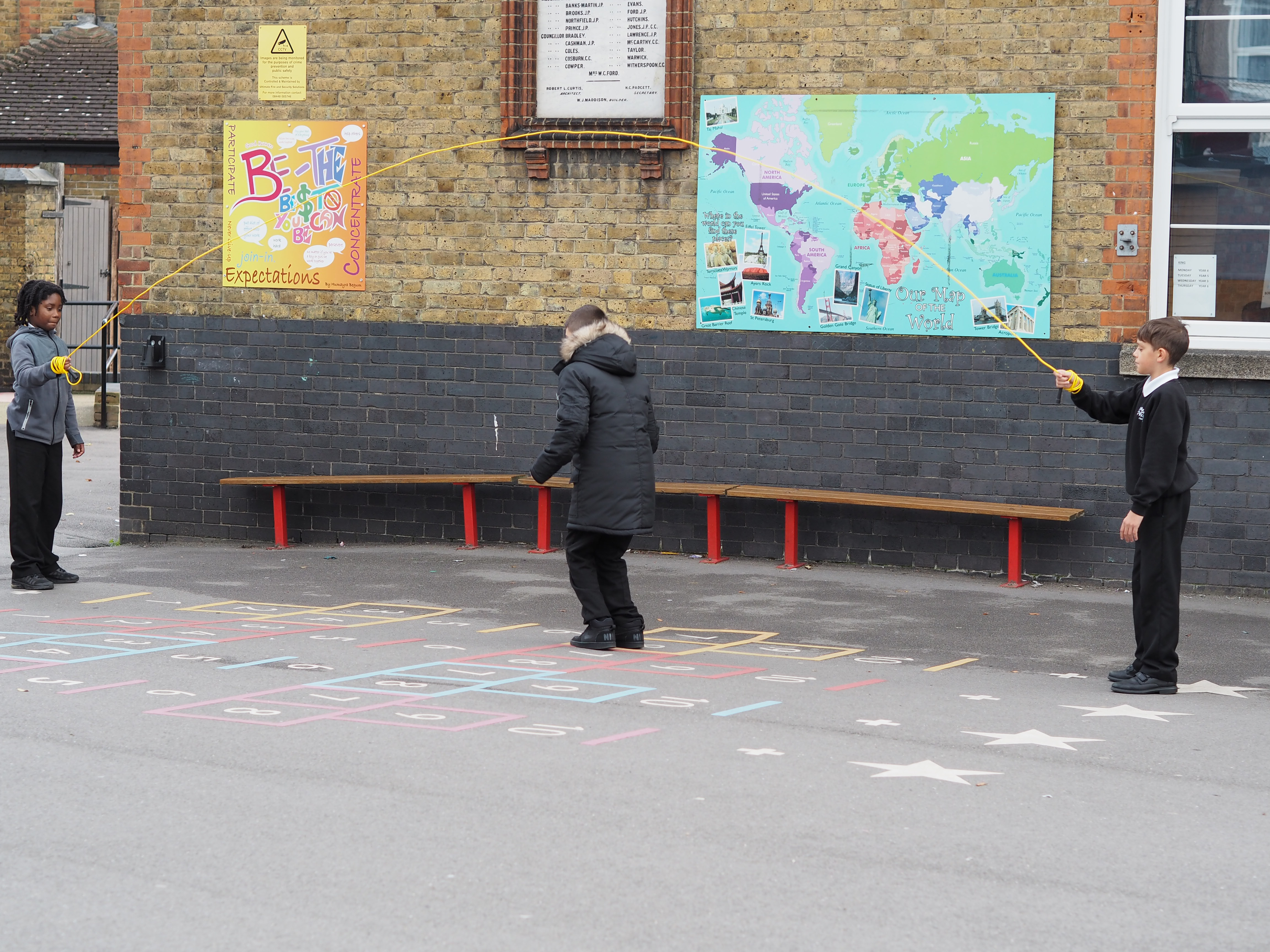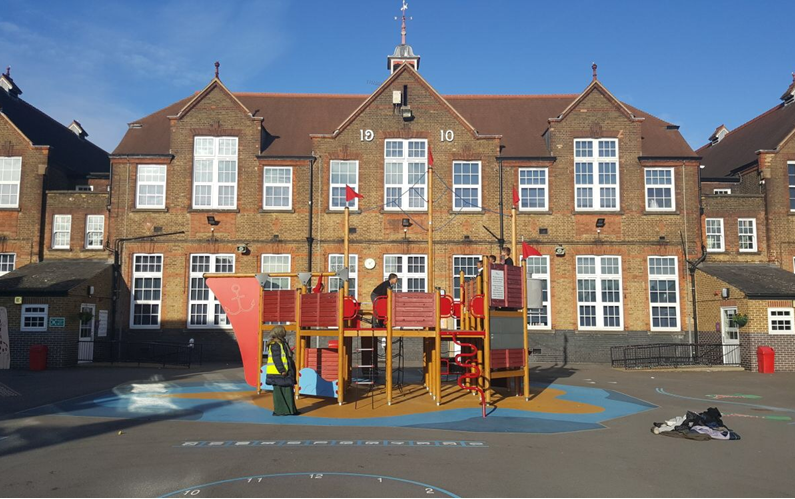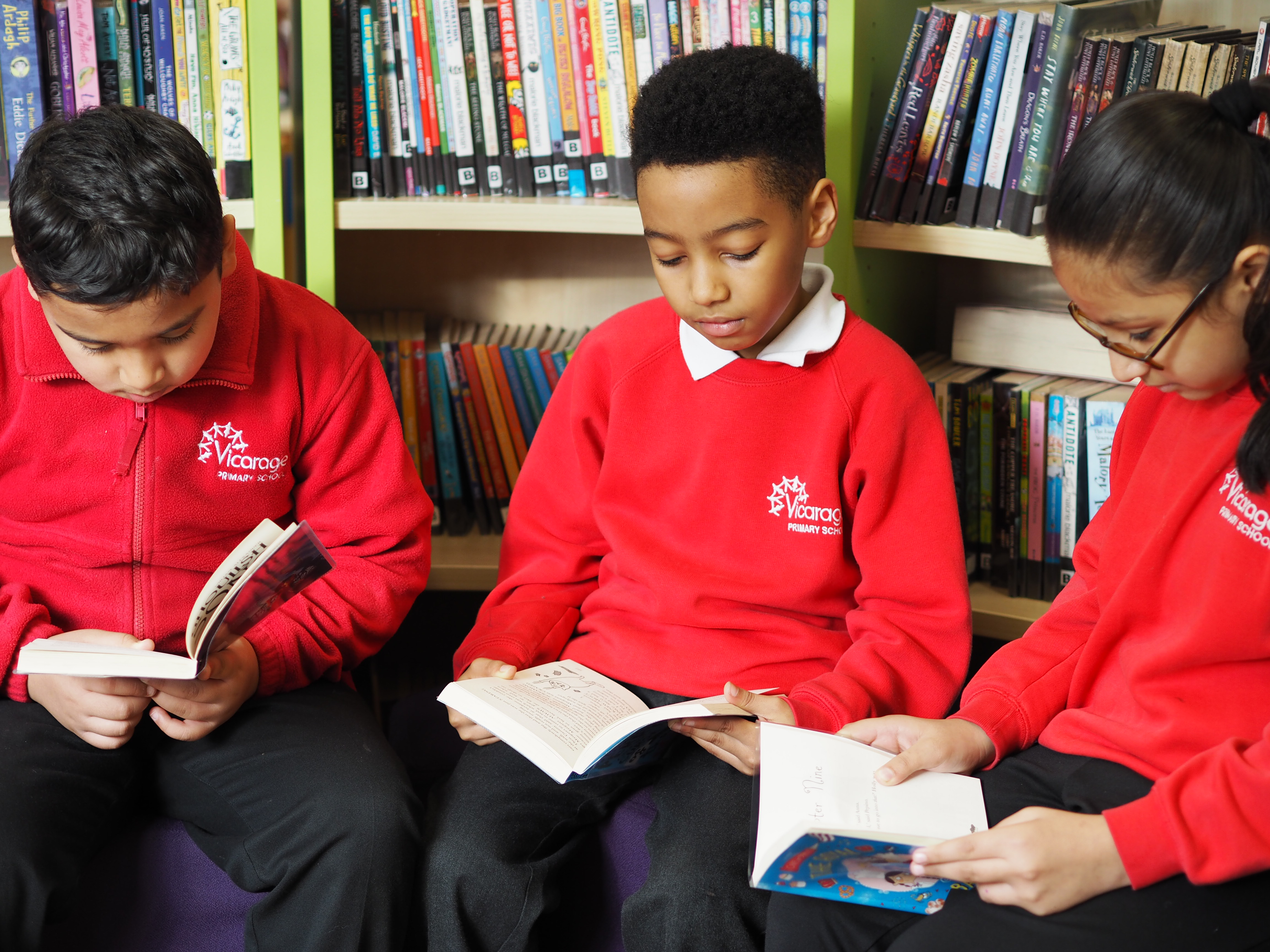“Children should be taught how to think, not what to think.”
Margaret Mead (1901–1978: anthropologist)
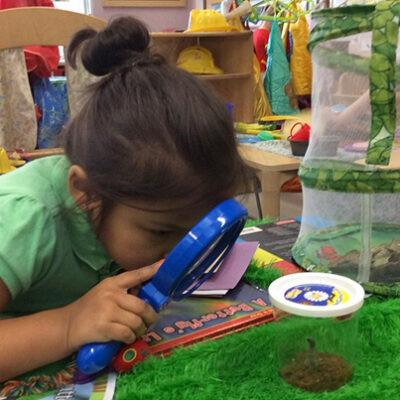
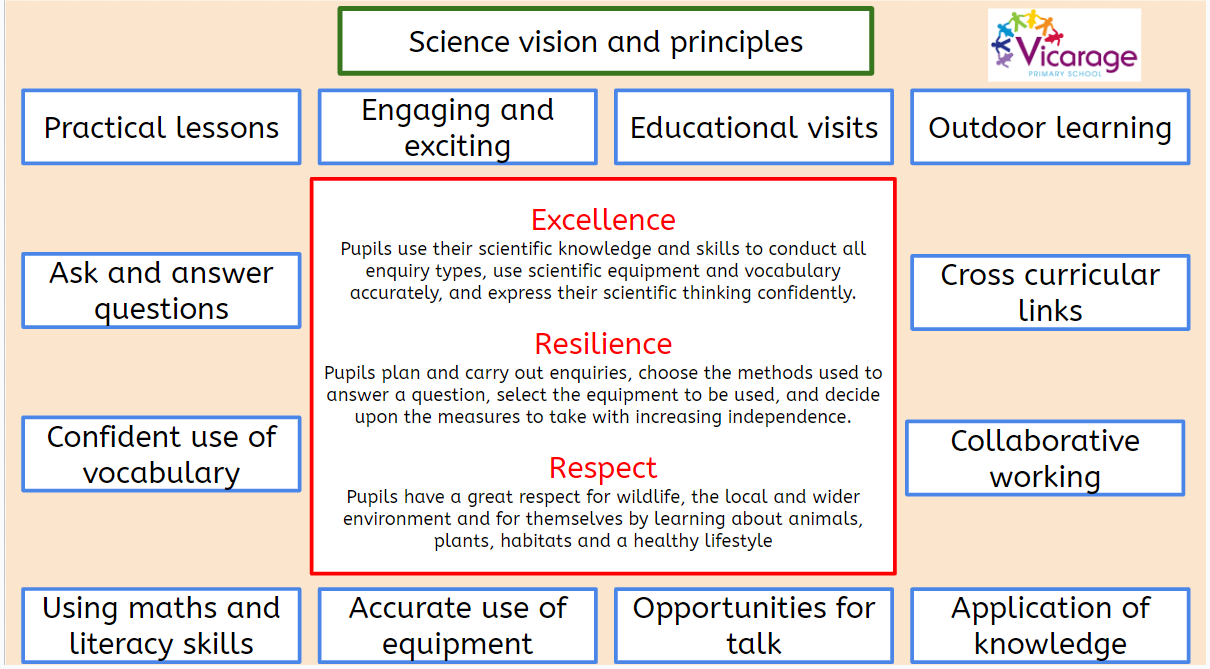
As Scientists…
Pupils will:
-
Develop scientific knowledge and conceptual understanding through the specific disciplines of biology, chemistry and physics.
-
Develop understanding of the nature, processes and methods of science through different types of science enquiries that help them to answer scientific questions about the world around them.
-
Develop and be equipped with scientific knowledge they require to understand the uses and implications of science, today and for the future
-
Develop working scientifically through:
– Questioning
– Scientific enquiry – observing changes, finding patterns, grouping and classifying, fair testing
and researching using secondary sources
– Drawing conclusions based on data and observations
– Using evidence to justify ideas
– Using scientific knowledge to explain findings.
Aspirations for the future
Pupils develop an understanding of how subjects and specific skills are linked to future jobs.
Here are some of the jobs you could aspire to do in the future as a scientist
Researcher
Doctor
Nurse
Dentist
Pharmacist
Midwife
Engineer
Botanist
Crime scene investigator
Food technologist
Forensic scientist
Curriculum Documents:
Science Intent, Implementation and Impact Statement
Science Curriculum Map
Science Progression Overview
Gallery
Useful Websites
Below you will find a range of websites that you might find useful.
https://www.lgfl.net/learning-resources/summary-page/virtual-experiments-years-1-and-2
https://www.lgfl.net/learning-resources/summary-page/virtual-experiments-years-3-and-4
https://www.lgfl.net/learning-resources/summary-page/virtual-experiments-years-5-and-6
https://www.bbc.co.uk/education/subjects/z6svr82 KS1 science
https://www.bbc.co.uk/education/subjects/z2pfb9q KS2 science


